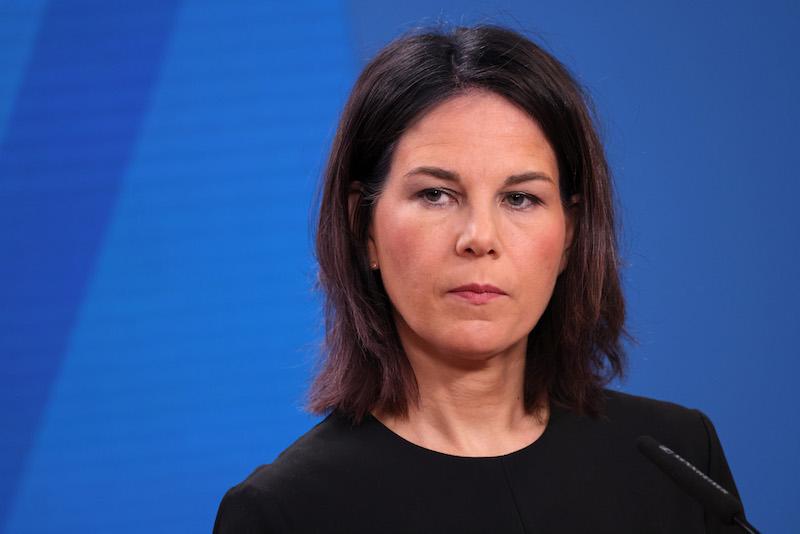German Government No Longer Opposing British Sale Of Eurofighters To Saudi Arabia

German Foreign Affairs Minister Annalena Baerbock said Jan. 7 in Jerusalem that the "German federal government should no longer oppose the British Eurofighter sale to Saudi Arabia."
Credit: Sean Gallup/Getty
Key figures in Germany’s government have signaled that Berlin will no longer oppose a British sale of Eurofighters to Saudi Arabia. Speaking in Jerusalem on Jan. 7, German Foreign Affairs Minister Annalena Baerbock hailed Saudi’s Arabia’s efforts in “containing the risk of a regional conflagration”...
Subscription Required
This content requires a subscription to one of the Aviation Week Intelligence Network (AWIN) bundles.
Schedule a demo today to find out how you can access this content and similar content related to your area of the global aviation industry.
Already an AWIN subscriber? Login
Did you know? Aviation Week has won top honors multiple times in the Jesse H. Neal National Business Journalism Awards, the business-to-business media equivalent of the Pulitzer Prizes.





